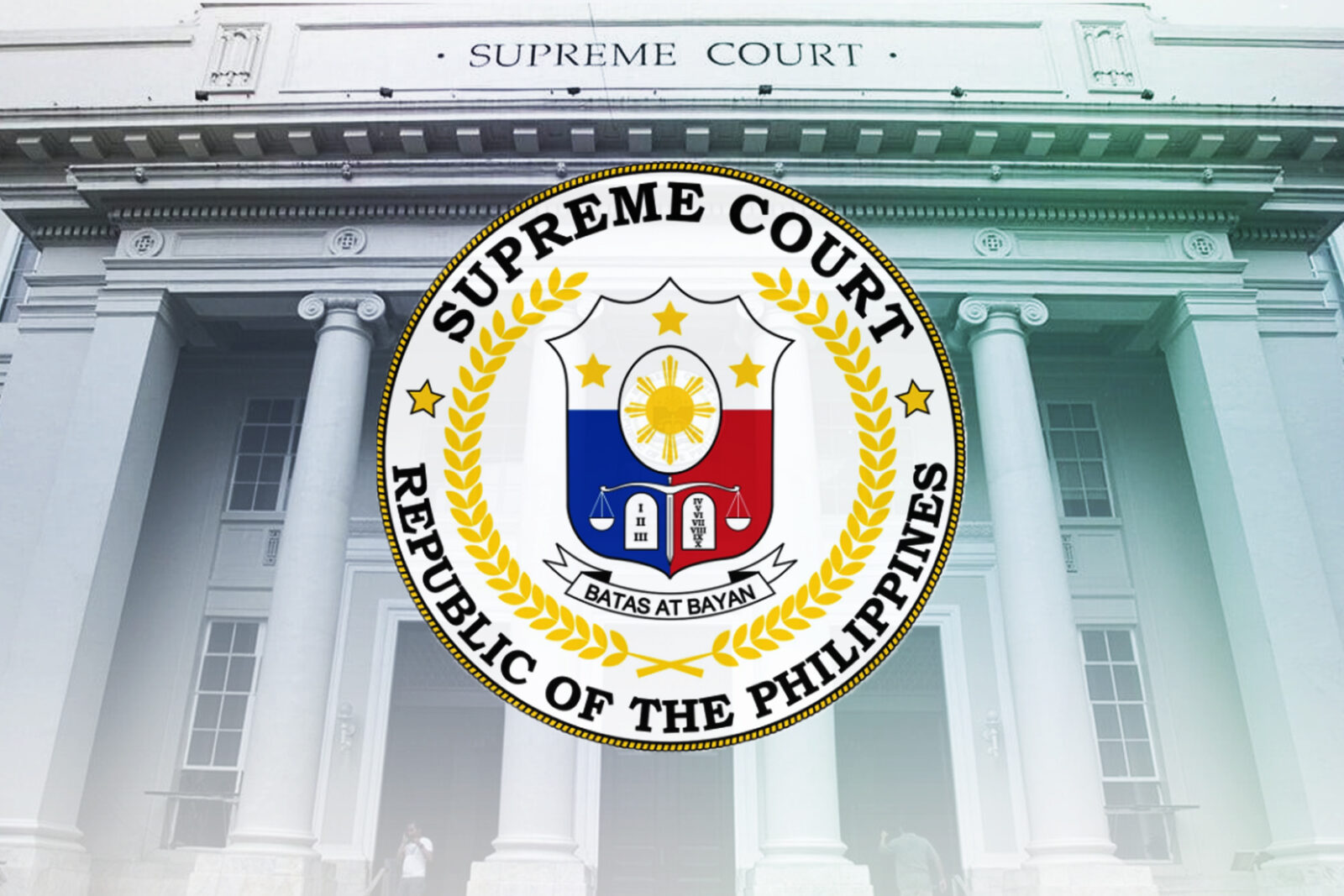SC: Double jeopardy not applicable if accused files appeal

The Supreme Court has imposed a stiffer penalty on a man after it found him guilty of attempted rape instead of the less grave offense of unjust vexation, abandoning an earlier doctrine that prevents reviewing courts from increasing the penalty on appeal to protect the accused from double jeopardy.
In a 16-page decision penned by Associate Justice Antonio Kho Jr., the Supreme Court en banc emphasized that when an accused appeals a criminal conviction, the case is reopened in full, giving the reviewing court the authority to reassess all aspects, including the imposition of a harsher penalty.
“The Court may, as in this case, reverse the downgrading of the offense where it finds guilt beyond reasonable doubt for the crime carrying the more severe penalty,” it said in the ruling promulgated on Feb. 18 and made public on Tuesday.
It sentenced the man to up to 40 years in prison for rape and up to 12 years for attempted rape, and ordered him to pay damages totaling P450,000 for both crimes.
The high court issued the clarification in G.R. No. 262846, a case dating back to 2013, when the man raped his 16-year-old daughter twice. The second attempt, however, was thwarted after she fought him off.
Unconsummated
In a joint ruling issued in June 2018, the lower court found the man guilty of rape for the first incident and unjust vexation for the second attempt, which it reasoned had not been consummated.
This ruling was affirmed by the Court of Appeals in a Jan. 26, 2021, decision.
But in denying the father’s appeal, the Supreme Court cited its 2023 ruling in Talisay v. People (G.R. No. 258257), saying that “in attempted rape by carnal knowledge, there is no requirement that the offender’s penis touch the victim’s genitalia or any other part of her body. Instead, what is required are overt acts by the offender in commencing the direct commission of the crime.”
It acknowledged that in previous decisions, it had held that reviewing courts could not overturn a lower court’s downgrading of an offense without violating the rule against double jeopardy.
“The rule must be emphasized that when the accused appeals the judgment in a criminal case, the entire case is open for review,” the high tribunal said.
But it noted that when it is the state that seeks to overturn an acquittal or request a higher penalty, the constitutional protection against double jeopardy remains in force.

















